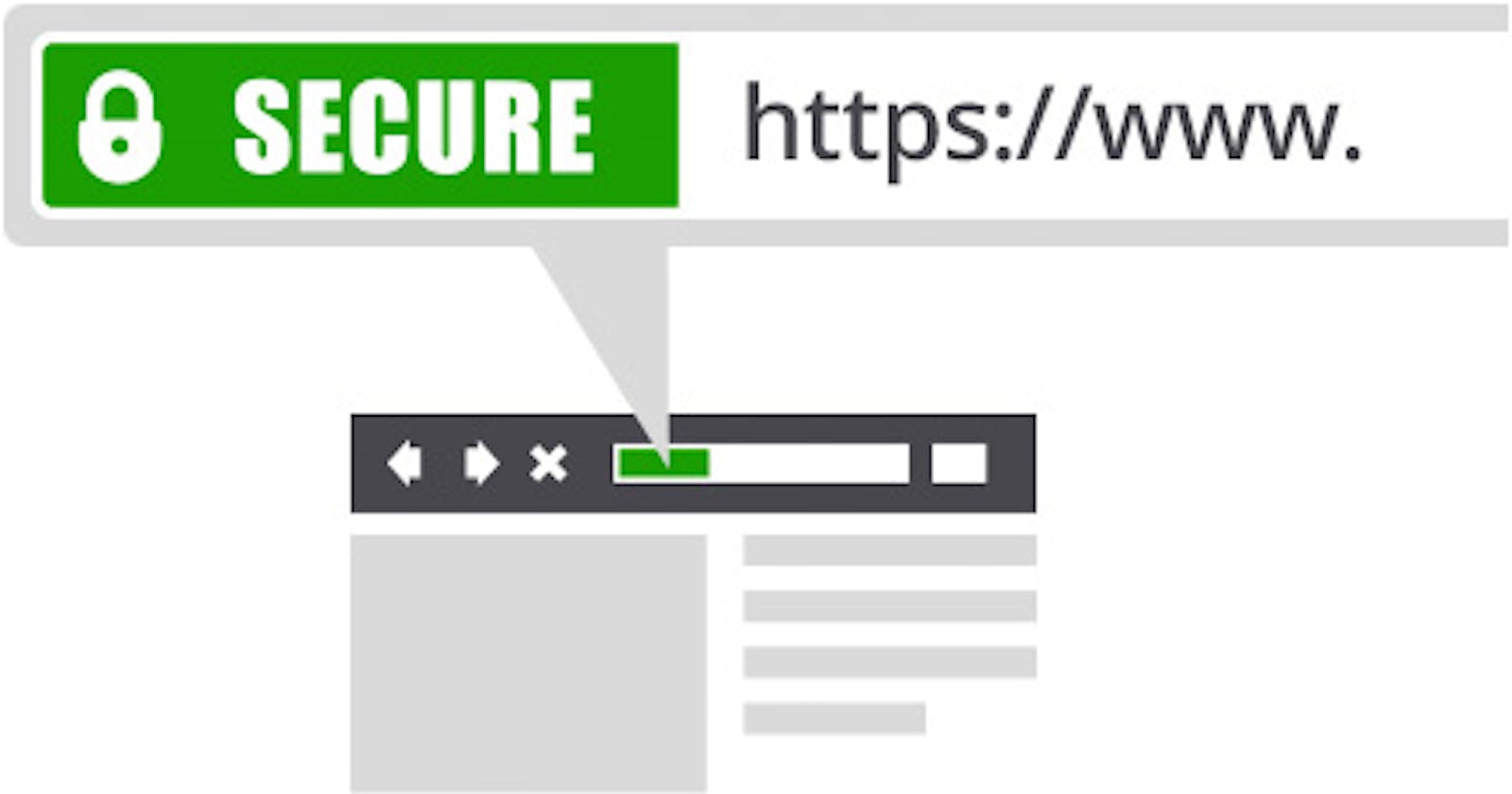When personal information is involved, online browsing can be frightening, especially when exposed to so much news about data breaches and other hacks. Of course, thieves are capable of using information like passwords, credit card details, and social security numbers. This information may be used for various purposes, which draws hackers to social networking, banking websites, and online businesses. Even the dark web has networks where such data can be sold. But safeguards are in place to prevent the user's data from being taken. A Secure Socket Layer (SSL) certificate is one such protection strategy. This full guide will explain what an SSL certificate is and what it does for you.
What is an SSL Certificate?
A secure connection between a web server and a browser is made possible by an SSL certificate, a digital certificate that businesses or individuals may buy. It accomplishes this by associating an organization's specifics with a cryptographic key. A copy of the certificate holder's public key, the serial number, the expiration date, the certificate holder's name, and the digital signature of the certificate-issuing authority are all included in the certificates. This authenticates the website, demonstrating that it is the one it claims to be, not hackers impersonating it.
SSL Secures Data: An SSL certificate's main reason is to protected server-client statement. Every piece of data is encrypted when SSL is installed. In plain English, this means that the information is locked and that the only person who can open it is the intended recipient. SSL enables you to safeguard against the sneaky army of hackers and skimmers when working with sensitive data like IDs, passwords, credit card details, etc. Hacker skills are useless against the SSL certificate's unbeatable encryption technology since SSL converts the data into an unreadable format.
Improved search engine positioning: Google made adjustments to its algorithm to favor websites that support HTTPS. Numerous research carried out by SEO specialists around the world have proven this. According to one study, HTTPS is strongly associated with better search engine ranks.
SSL affirms your uniqueness: Authenticating a website is the second main function of an SSL certificate. One of the most critical components of web security is identity verification. There is no denying that the internet is becoming more and more deceitful. People have occasionally lost thousands of dollars on phoney websites. This is where the excellent SSL certificate is beneficial for you. You must go through a validation procedure established by an unaffiliated third party known as a Certificate Authority when you want to install an SSL certificate. The CA confirms your identification and your company's identity, depending on the type of certificate. Your website receives trust indicators attesting to your integrity once you have established your identity. Users are aware of who they are speaking to when they see them.
SSL Increases Client Trust: If you had your way, SSL would have been renamed to TTL. Thankfully, it is not. However, that won't deter you from praising a TTL or SSL certificate. SSL certificates are essential for customer confidence in addition to encryption and authentication. Users are informed that the obvious signals will protect the data they provide. They can also see information about your company if you have an OV or EV SSL setup. They are much more inclined to transact business with you or even return to your website once they have established that you are a real company.
SSL Aids You Meet PCI/DSS Standards: To accept payments online, you must be familiar with PCI and DSS rules. Your website needs to be PCI compliant to accept payments online. One of the 12 essential requirements established by the credit card industry is installing an SSL certificate.
All of your sub domains are secure: You may secure your main website, and all its sub domains with a special SSL certificate called a Wildcard. That is particularly helpful if you run a business or manage sizable websites with numerous sub domains. For each sub domain, you will need to install a different certificate when using a regular SSL.
SSL prevents phishing and Other Attacks: Attacks like Phishing and MITM attacks are on the rise as the number of people utilizing the internet rises. For a number of reasons, the website must be protected from such attacks. The ideal certificate for saving a website from these kinds of assaults is an EV SSL certificate. Getting an SSL Certificate on the website is a trouble-free way out. Having a cloned website with an SSL certificate is nearly hard because phishing entails copying a website or web page. Also, having an SSL certificate has this additional benefit.
SEO benefits: With the increase in SEO ranks, your site will receive another advantage of installing an SSL certificate. Google gives websites with encrypted connections a minor ranking advantage as part of their HTTPS everywhere effort. Having an SSL will put you ahead of your rivals who do not yet have certificates, even though the benefit may not be great.
Final Thoughts: If your browser alerted you that a website was not secure, how secure would you feel? Because if you don't have an SSL certificate, that is what the future version of Chrome will display. Check out the above mentioned incredibly reasonable selection of SSL certificates to fortify your website's security.
